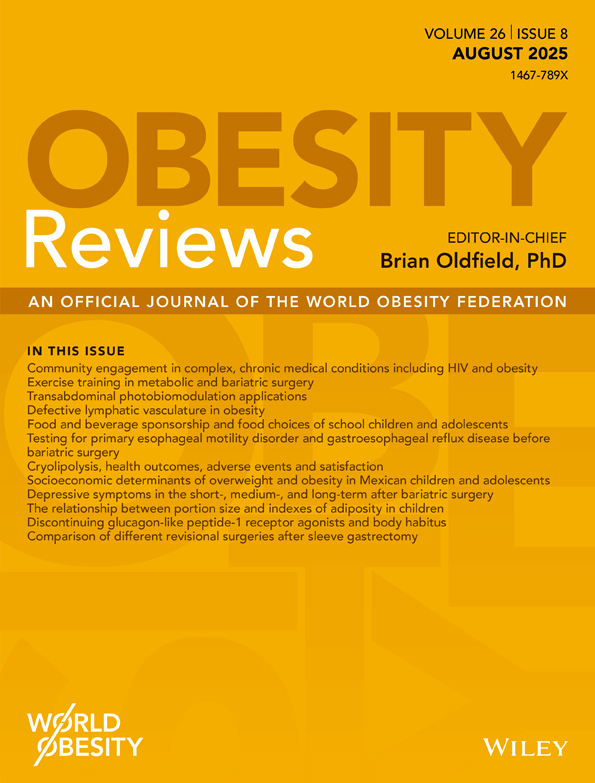Effects of weight loss in overweight/obese individuals and long-term lipid outcomes – a systematic review
Summary
This paper aims to review the evidence for long-term effectiveness of weight loss on cholesterol, high-density lipoprotein (HDL), low-density lipoprotein (LDL) and triglycerides in overweight/obese people. Current evidence is mostly based on short-term studies. A systematic review of long-term lipid outcomes of weight loss in studies published between 1966 and 2001, was conducted. Inclusion criteria included all cohort studies and trials carried out on participants with body mass index of greater than or equal to 28 kg m−2. Studies had at least two weight change measurements and follow-up of more than 2 years. Thirteen long-term studies with a follow-up of more than 2 years were included. Cholesterol has a significant positive linear relationship with weight change (r = 0.89) where change in weight explains about 80% of the cholesterol difference variation (Adj R2 = 0.80). For every 10 kg weight loss a drop of 0.23 mmol L−1 in cholesterol may be expected for a person suffering from obesity or are grossly overweight. Weight loss has long-term beneficial effects especially on LDL and cholesterol. Weight loss in obese patients should be encouraged and sustained.




